Airlines pull out of Venezuela as US warning heightens regional tensions
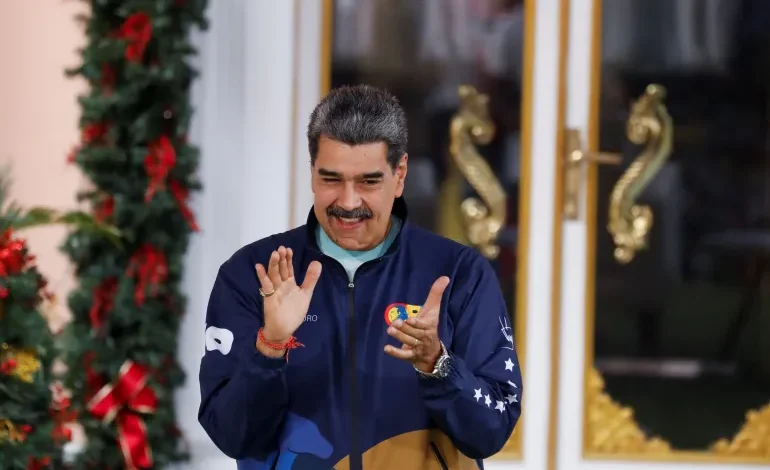
Six international airlines have suspended flights to Venezuela after the United States warned of a “potentially hazardous situation” linked to “heightened military activity” around the country, a move that has further unsettled an already tense airspace.
Spain’s Iberia, Portugal’s TAP, Chile’s LATAM, Colombia’s Avianca, Brazil’s GOL and Trinidad and Tobago’s Caribbean Airlines all halted services on Saturday, according to Venezuelan Airlines Association president Marisela de Loaiza. TAP confirmed it was cancelling its Saturday and Tuesday flights, while Iberia said its Caracas route was suspended until further notice.
TAP said the decision followed the US advisory, which stated that “safety conditions in Venezuelan airspace are not guaranteed”. Other carriers, including Copa Airlines, Air Europa, PlusUltra, Turkish Airlines and Venezuela’s LASER, are continuing operations for now.
The flight suspensions come as Washington ramps up its military posture in the Caribbean, deploying forces and the world’s largest aircraft carrier as part of what it frames as an anti-narcotics campaign. Caracas, however, sees the operation as pressure aimed at forcing President Nicolas Maduro from power.
The US has also carried out at least 21 strikes on alleged drug boats in the Caribbean and Pacific, killing at least 83 people. The campaign gained momentum after President Donald Trump’s administration raised the reward for information leading to Maduro’s arrest to $50m, branding him the “global terrorist leader of the Cartel de los Soles”.
Trump has sent mixed messages about possible intervention. He told CBS earlier this month he did not think the US was going to war with Venezuela, yet added that Maduro’s days could be numbered.
“I would say yeah,” he said. Days later, he suggested talks were possible, but did not rule out troop deployment: “I don’t rule out that. I don’t rule out anything. We just have to take care of Venezuela.”
The US Federal Aviation Administration has urged airlines to “exercise caution” in the region due to threats “at all altitudes”, including during arrival and departure phases.
Relations between Washington and Caracas have been strained for years, deteriorating sharply after Maduro succeeded Hugo Chavez in 2013. US administrations have rejected Maduro’s legitimacy and imposed sweeping sanctions, accusing him of corruption and authoritarian rule. The Trump administration has taken a harder line, recently labelling the Cartel de los Soles a “terrorist” group and accusing Maduro of leading it, without presenting evidence.
Maduro has accused the US of inventing “pretexts” for war, while insisting on Venezuela’s right to defend itself.
“No foreign power will impose its will on our sovereign homeland,” he said, warning of a “truly monumental surprise” if pressure turns into direct action.
Opposition leader Maria Corina Machado, who recently received a Nobel Peace Prize, has also weighed in, arguing that removing Maduro would not amount to regime change because he “lost the election last year and rigged the results”.
“We’re not asking for regime change. We’re asking for respect of the will of the people and the people will be the one that will take care and protect this transition so that it is orderly, peaceful and irreversible,” she told The Washington Post.
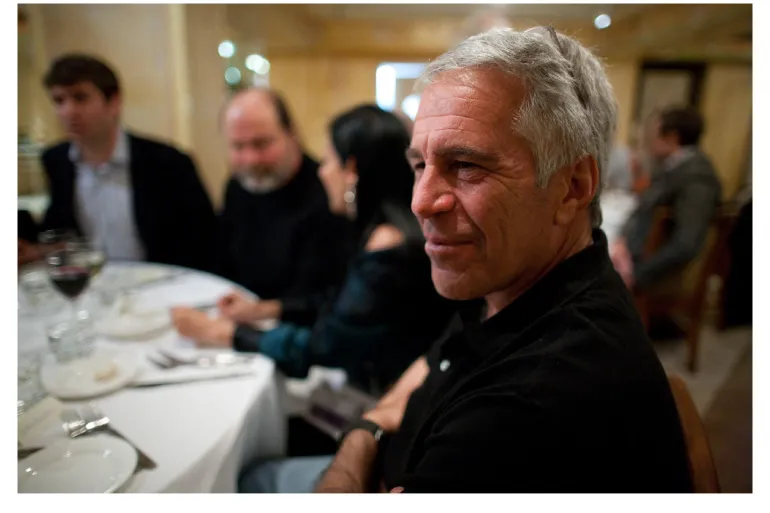
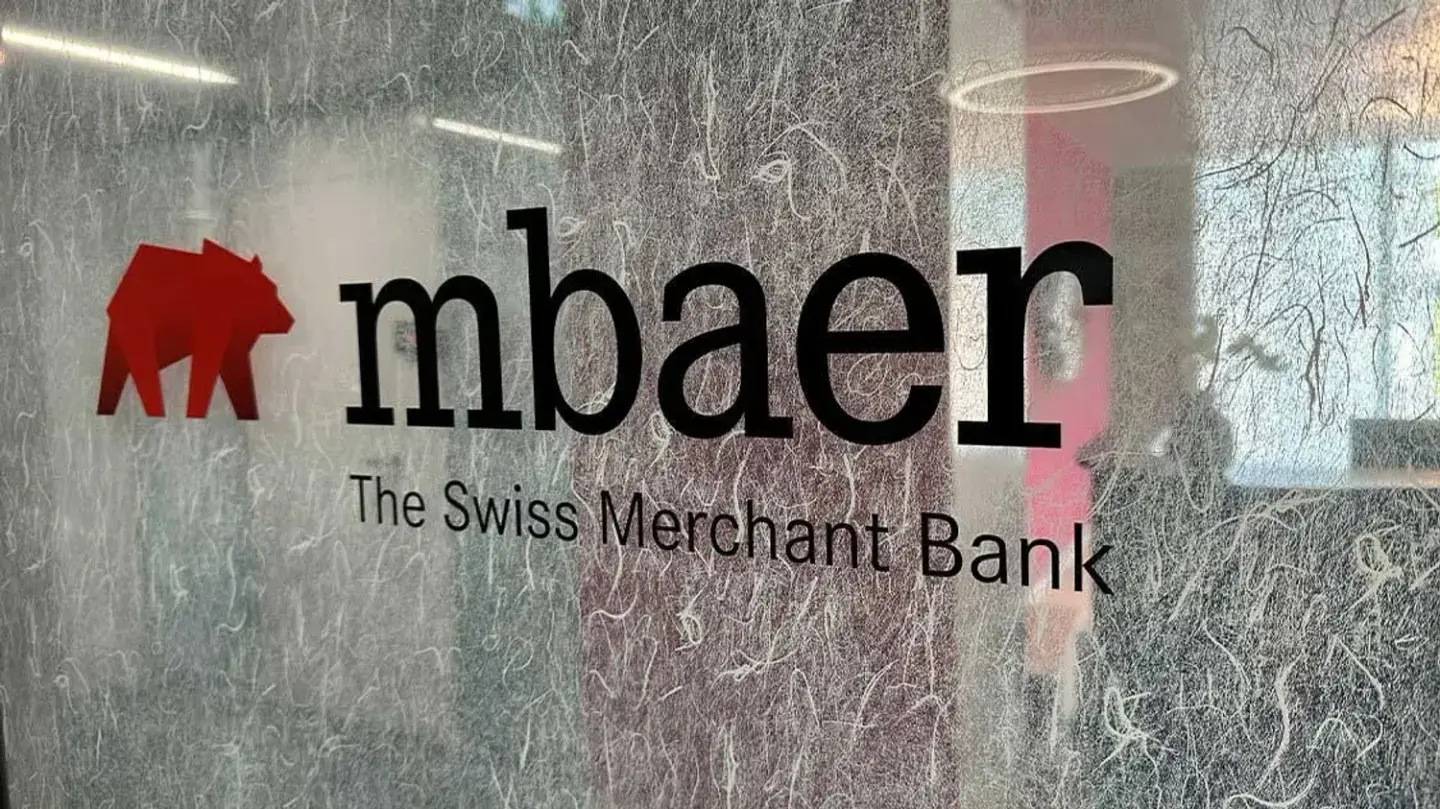
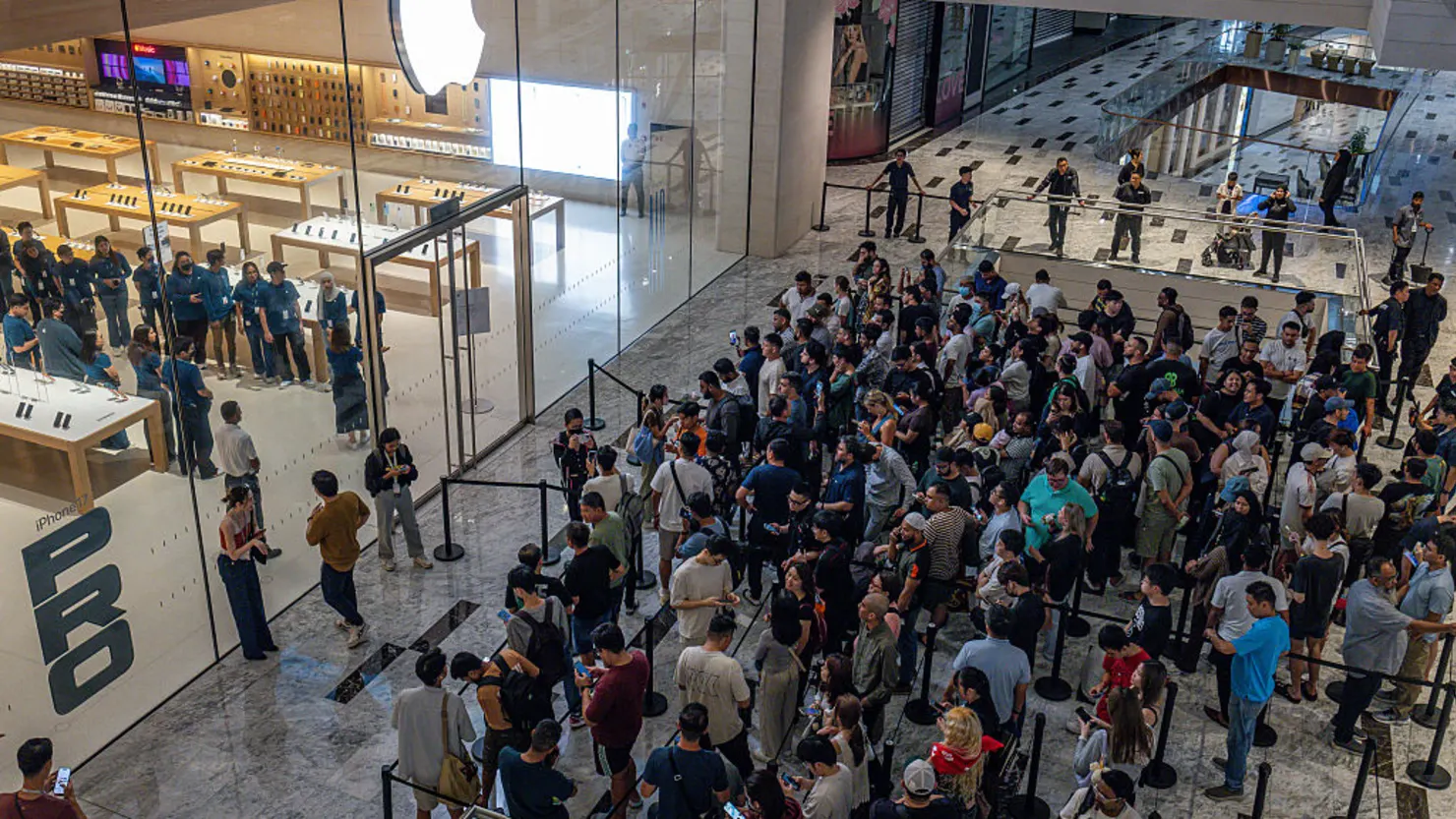
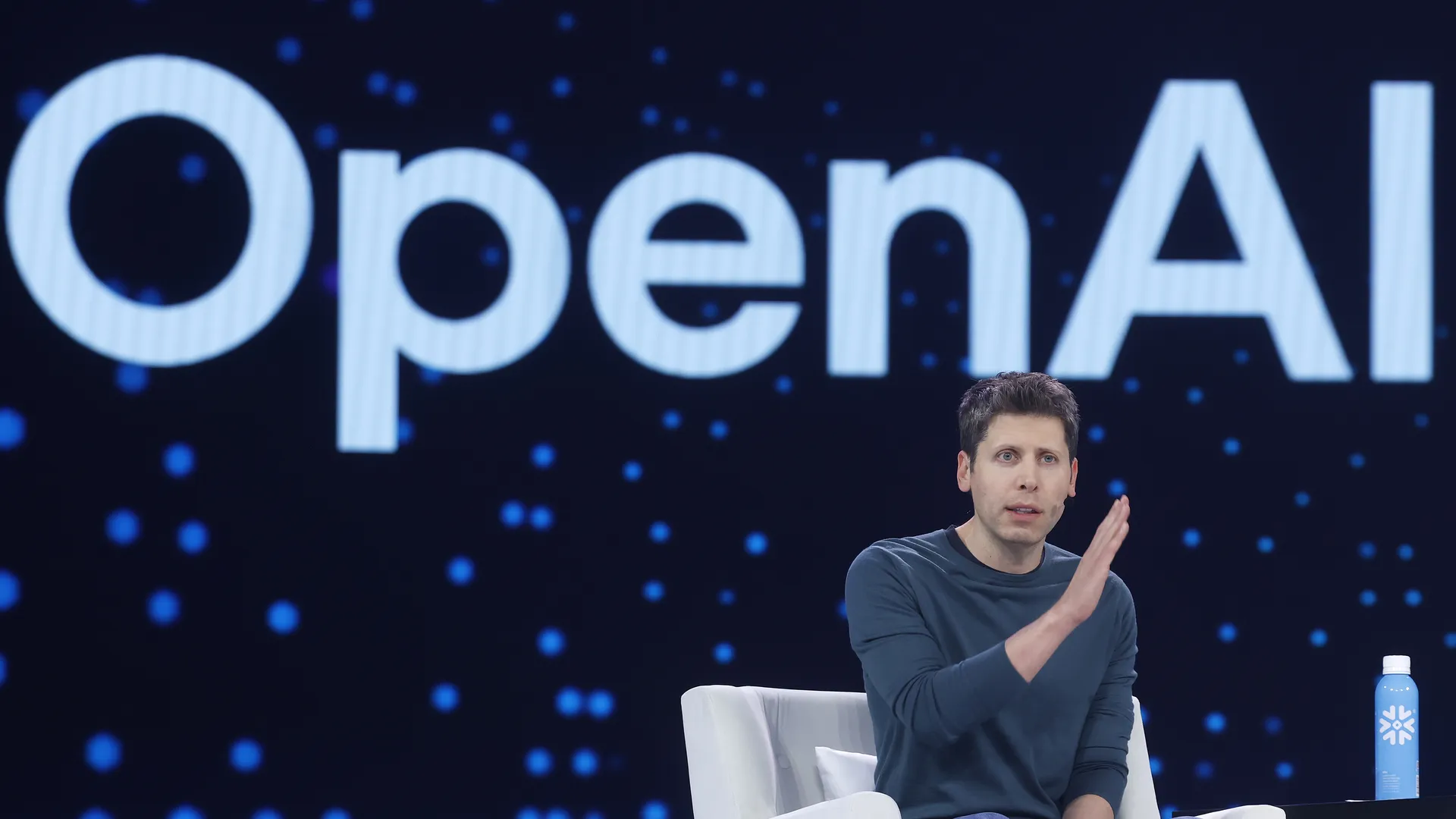
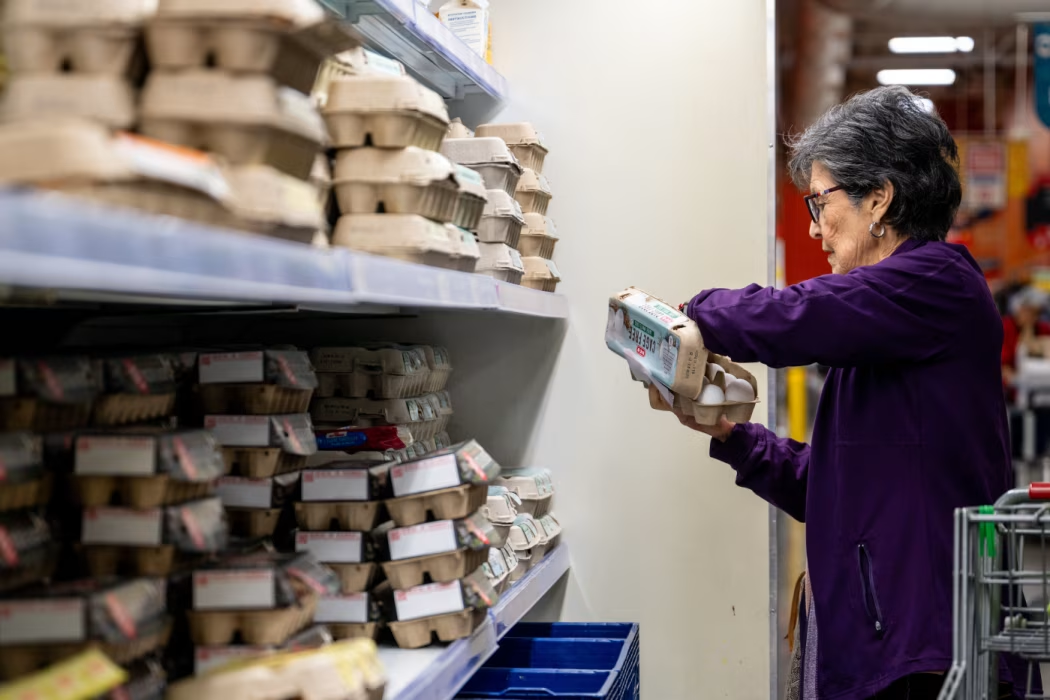




The latest news in your social feeds
Subscribe to our social media platforms to stay tuned